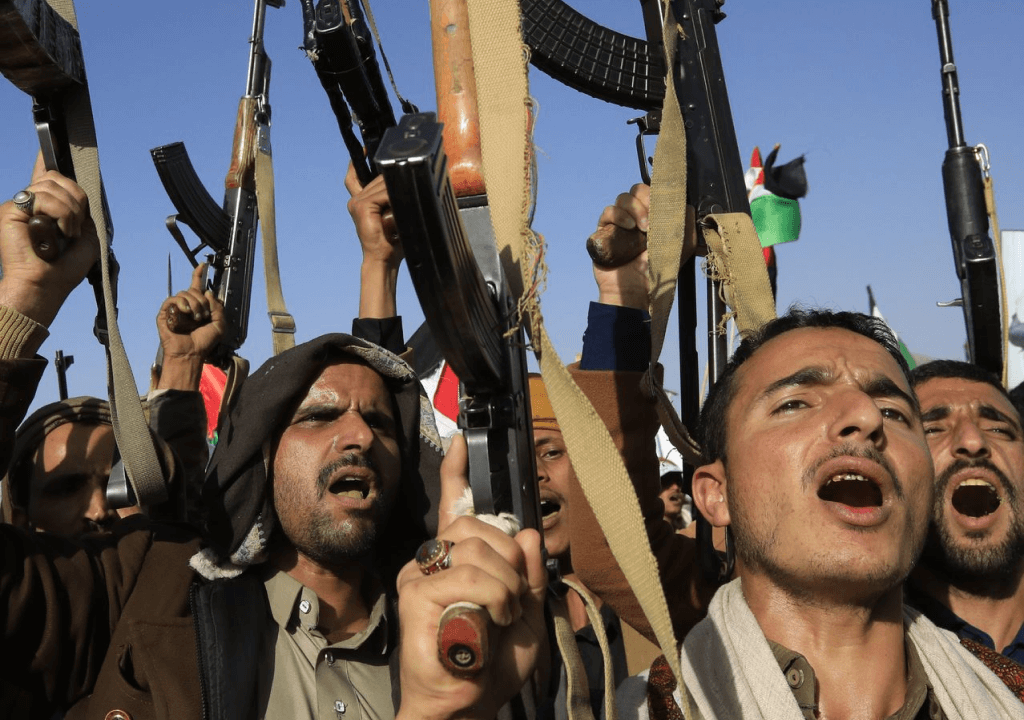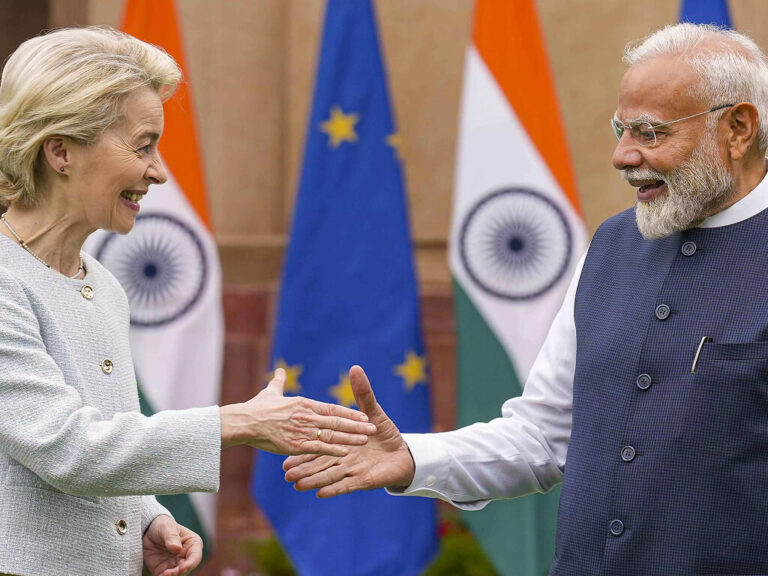The conflict between Muslims and Jews has historical roots extending over centuries, primarily driven by religious differences rather than just territorial disputes. This is why the ongoing Israel-Hamas conflict attracts worldwide attention and involves Muslims and Jews globally. Social media is abuzz with propaganda from both sides. However, on the ground, Israel has a significant advantage as a sovereign state with advanced project management, while Hamas, which governs Gaza and initiated the fresh wave of conflict with terrorist attacks in Israel, finds itself on the defensive with only weakened support from Iran. The conflict appears to be heavily skewed in favor of one side, with the Hamas side suffering greatly.
In terms of international politics, Israel receives support from superpowers like the United States, the United Kingdom, and France, while countries like Russia, China, and India maintain a more neutral stance. This support provides Israel with a substantial advantage. On the other hand, Hamas and Gaza mainly receive backing from Iran, whose capabilities are in question. This raises the question: why are there no superpowers in the Arab or Muslim world capable of challenging Israel?
The answer lies in U.S. supremacy in a unipolar world. Although there is widespread anger and calls for solidarity with Hamas across the Islamic world, which stretches from Morocco to Indonesia, these are largely limited to public statements. This situation represents a clear victory for U.S. diplomacy, which has either aligned powerful countries with U.S. interests or severely weakened others. A powerful or superpower country typically has strong leadership, economic influence, political influence, strong international alliances, and a strong military, but few countries in the Islamic world possess all these features combined. The Kingdom of Saudi Arabia, the UAE, and Turkey are considered powerful countries within the Islamic world today, but they are all aligned with the United States. Turkey is a NATO member with tight ties to the U.S., while Saudi Arabia and the UAE are highly reliant on business with the U.S., and their leadership maintains strong connections with U.S. diplomats. They also have military defense pacts with the U.S. Qatar, one of the wealthiest Islamic countries, also maintains a close relationship with the U.S. Despite their connections with Islamist leaders and organizations, and their roles in mediating with groups like Hamas and the Taliban.
All the countries that previously challenged Israel are now weakened and humbled by U.S. strategies and diplomacy. Egypt, home to the largest army in the Middle East and the leader of last century’s Arab movements against Israel, along with Libya, Iraq, and Syria – countries that once challenged Israel—have lost the leadership capable of making such decisions. They are experiencing severe economic decline and face significant domestic challenges. Now, it seems that the Islamic Republic of Iran is currently the only major power from the Muslim world still challenging Israel. However, Iran has also been economically weakened by strong U.S. sanctions and faces serious domestic issues. Iran has been stunned and humbled by Israel through severe attacks. While Iran has vowed revenge, it has not taken any significant actions that are visibly effective. Nonetheless, Iran has not completely withdrawn from its ideological commitment to opposing Israel, unlike other states. Iran continues to fund organizations fighting against Israel, and Qatar is also reported to be providing support. Despite these efforts, no one is currently able to effectively challenge Israel, highlighting the weakness of the Islamic world outside of its elaborate organizations.
As Israel is not ready for a truce, it seems likely that Gaza will be systematically annexed by Israel. This outcome appears inevitable. The stance of Islamic countries, which avoids a regional war, may bring peace, but it is clear that the position of Muslim governments does not reflect the sentiment of their populations. This could lead to a revival of terrorist organizations like ISIS in the Islamic world, which would bring more challenges in the region.








